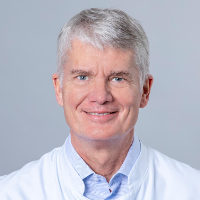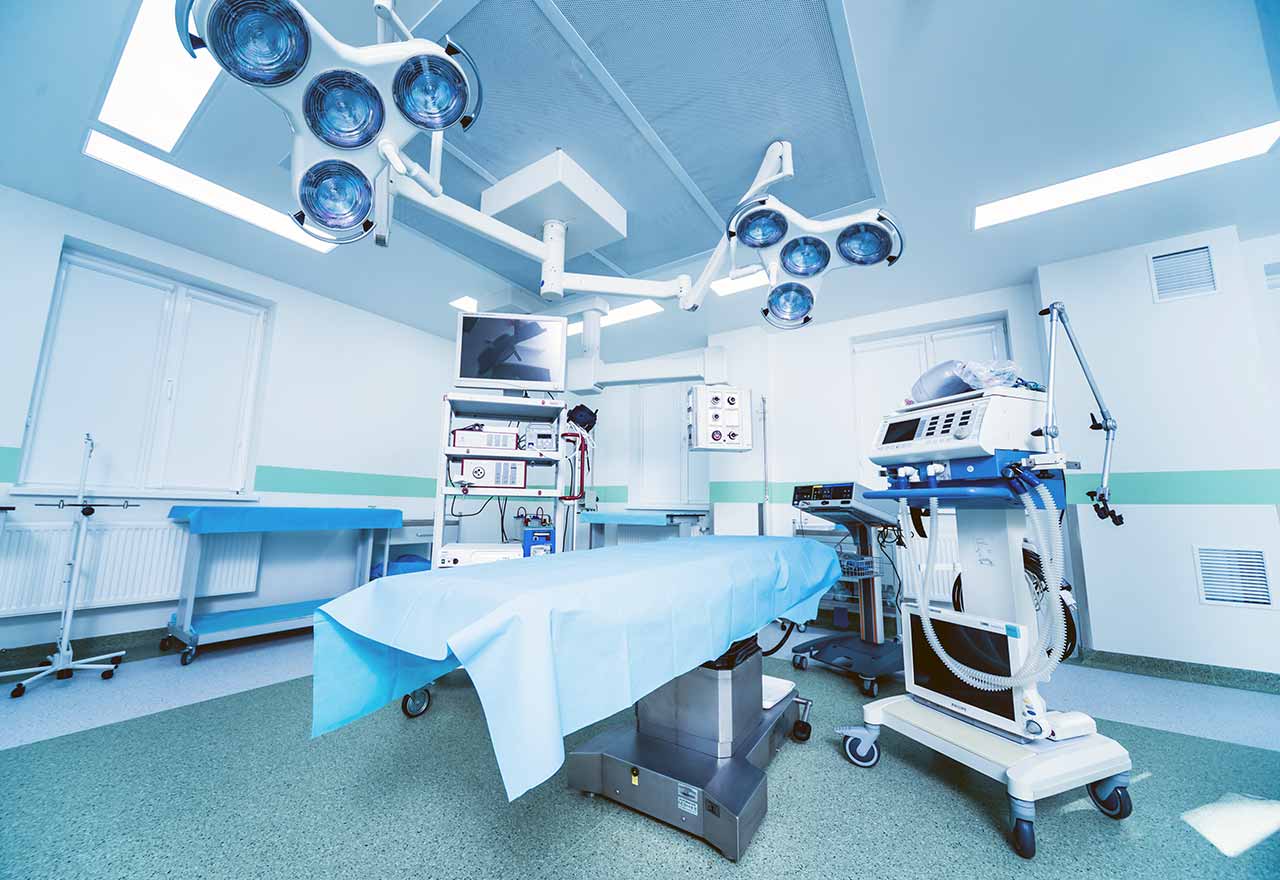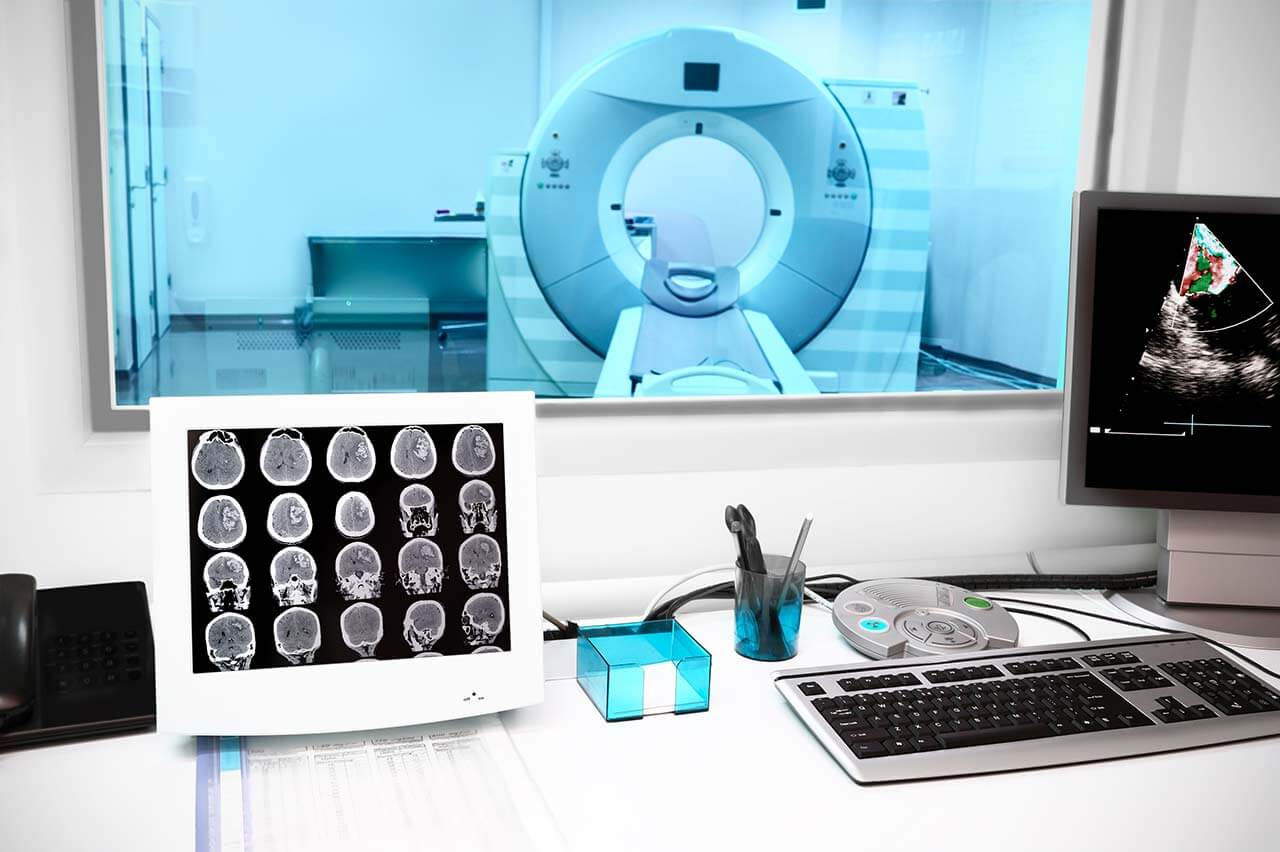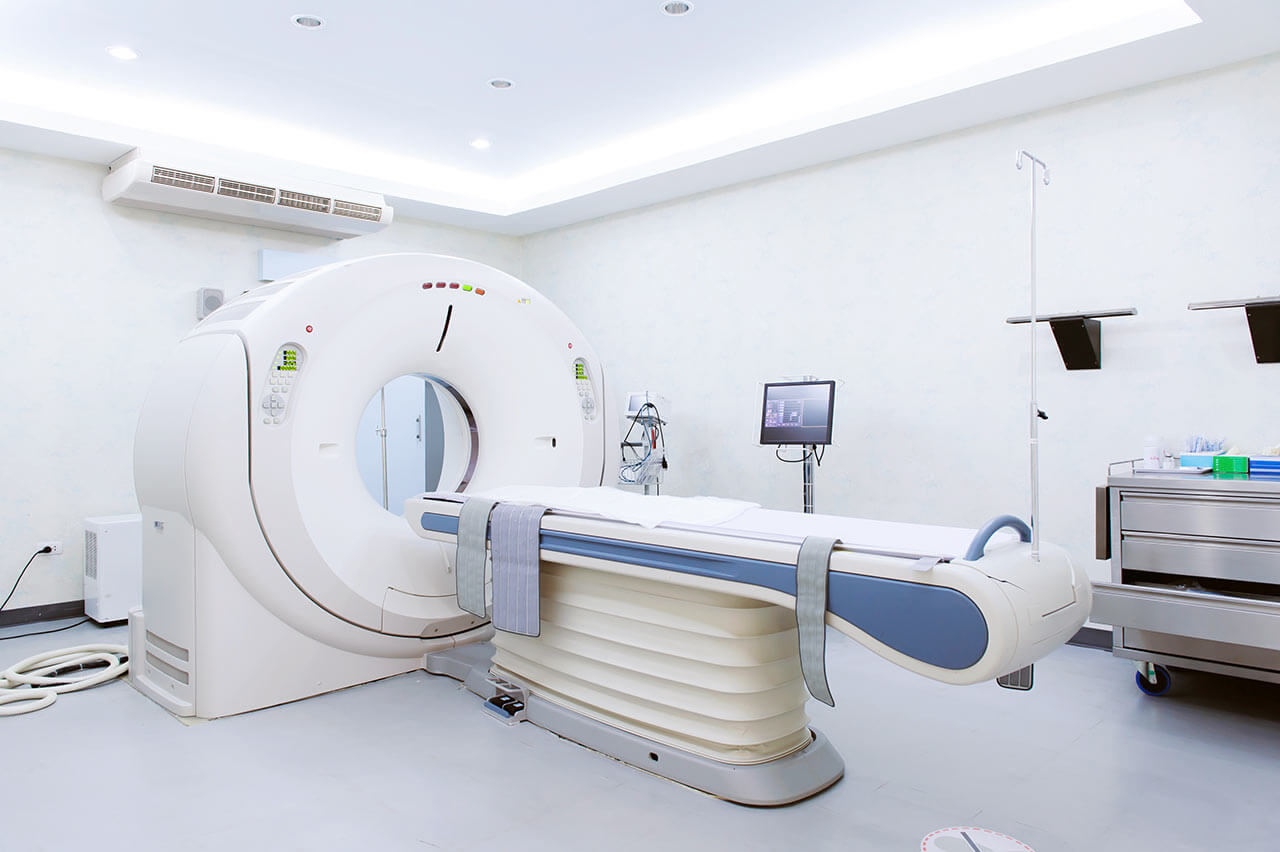
The program includes:
- Initial presentation in the clinic
- clinical history taking
- review of medical records
- physical examination
- laboratory tests:
- complete blood count
- biochemical analysis of blood
- thyroid function test (TSH-basal, fT3, fT4)
- mineral metabolism analysis (Na, K, Ca, Mg)
- lipid metabolism (HDL/LDL, cholesterol, triglycerides,
Lip(a), homocysteine) - iron content (ferritin, iron)
- blood coagulation analysis (aPTT, PT, INR)
- metabolic status (uric acid, total glucose, HbA1c)
- inflammatory parameters (CRP, ESR)
- cardiovascular disease risk markers
- lung function test (Spirometry)
- resting and exercise ECG
- Holter monitoring (24h)
- color doppler echocardiography
- transesophageal echocardiography (tee)
- color doppler sonography of cerebral vessels
- heart catheterization
- preparation according to preoperative standard
- coronary artery bypass surgery (CABG) and valve replacement
- symptomatic treatment
- control examinations
- the cost of essential medicines and materials
- nursing services
- full hospital accommodation
- explanation of future recommendations
- written statement
Required documents
- Medical records
- ECG (if available)
- Echocardiography (if available)
Service
You may also book:
 BookingHealth Price from:
BookingHealth Price from:
About the department
The Department of Cardiac Surgery at the University Hospital Hamburg-Eppendorf performs a full range of surgical interventions on the heart using the latest advances of European university medicine. The priority areas of the department's clinical practice include minimally invasive procedures for the repair and replacement of heart valves, coronary artery bypass grafting for the treatment of coronary artery disease using classical and minimally invasive techniques, thoracic aortic pathologies, heart transplant surgery, and the placement of ventricular assist devices (VADs). It should be noted that the department is one of the six largest centers for heart transplantation in Germany. Since the first heart transplantation in 1984, more than 300 such operations have been successfully performed. The highly qualified heart surgeons of the department perform more than 2,000 heart-lung machine operations every year. In addition, more than 400 transcatheter aortic valve implantation (TAVI) procedures are performed each year to treat aortic valve stenosis. The operating rooms of the department have the latest generation of equipment for effective and safe surgical treatment of cardiac pathologies. The specialists work in strict accordance with the recommendations of the German Society for Thoracic and Cardiovascular Surgery (DGTHG), the European Association for Cardio-Thoracic Surgery (EACTS), and the International Society for Minimally Invasive Cardiothoracic Surgery (ISMICS).
The Head Physician of the department is Prof. Dr. med. Hermann Reichenspurner. The specialist has over 35 years of successful clinical experience in cardiac surgery. Dr. Reichenspurner has a reputation as one of the most qualified cardiac surgeons in Germany in professional medical circles and has unique experience in performing heart transplants and minimally invasive heart procedures. He is also actively involved in scientific research, which has resulted in more than 700 scientific papers and publications.
Minimally invasive cardiac surgery is an important specialty of the department. Of particular interest are mitral valve repair, aortic valve replacement, and minimally invasive direct coronary artery bypass (MIDCAB). Minimally invasive mitral valve repair is a routine surgical procedure in the work of cardiac surgeons of the medical facility: a surgical approach is formed through a small incision in the right intercostal space and all manipulations are performed under the guidance of a 3D video endoscopic system. It is noteworthy that mitral valve repair with this advanced technology is performed in only a few heart surgery centers in the world. Patients also have the option of undergoing minimally invasive mitral valve repair at the same time as tricuspid valve repair or radiofrequency ablation for atrial fibrillation. Thanks to the extensive experience of the cardiac surgeons in this field, the majority of surgical interventions for mitral valve pathology are repair procedures, while prosthetic surgery is used in only 10% of cases of mitral valve insufficiency or stenosis.
The department's surgical team is also responsible for minimally invasive surgery to replace the aortic valve, the indications for which are its stenosis or regurgitation. Almost all of these operations are performed through a partial upper median sternotomy (only the upper part of the sternum is opened); in some cases, the surgical approach can be made through a small incision in the second intercostal space, below the right clavicle (the bone structures of the chest are not affected). The use of a minimally invasive technique for aortic valve replacement has a number of advantages, the most important of which are rapid recovery of the patient in the postoperative period, minimal blood loss, and pain relief after the procedure. At the same time, the effectiveness of minimally invasive treatment is comparable to the results of classical open surgery.
The team of cardiac surgeons works hand in hand with cardiologists. Their expertise includes hybrid aortic and mitral valve procedures: transcatheter aortic valve implantation (TAVI) and mitral valve clipping (MitraClip). These procedures combine conventional surgical methods with catheter-based technologies. TAVI and MitraClip procedures are an excellent alternative treatment option for elderly patients and those with serious comorbidities. It should be noted that the healthcare facility was one of the first in Europe to practice the treatment of aortic stenosis and insufficiency using the TAVI method. To date, more than 400 transcatheter aortic valve implantations have been performed here, demonstrating extensive experience and successful results in this area.
Another highly demanded minimally invasive procedure is coronary artery bypass grafting (CABG) using the MIDCAB technique. The main advantage of the MIDCAB procedure is the surgical approach through an anterolateral minithoracotomy instead of a traumatic longitudinal dissection of the sternum as in the classical version of coronary artery bypass grafting. In addition, minimally invasive CABG using the MIDCAB technique is performed on a beating heart without the use of a heart-lung machine. The hospital stay after minimally invasive MIDCAB is only a few days.
The range of surgical services provided by the department includes the following:
- Minimally invasive cardiac procedures
- Mitral valve repair
- Mitral valve replacement
- Minimally invasive direct coronary artery bypass (MIDCAB)
- Hybrid cardiac surgery
- Transcatheter aortic valve implantation (TAVI)
- Mitral valve clipping (MitraClip)
- Classical cardiac surgical interventions
- Coronary artery bypass grafting
- Total arterial myocardial revascularization
- Aortic valve repair, including bicuspid aortic valve
- Ross procedure for the correction of aortic valve defects in young patients
- Heart and heart-lung transplantation
- Ventricular assist devices (VAD) placement
- Surgery for thoracic aortic aneurysms and dissections
- Surgical ablation for atrial fibrillation
- Other surgical treatments for heart pathologies
Curriculum vitae
Higher Education and and Postgraduate Training
- 1979 - 1985 Medical studies, Faculty of Medicine, Ludwig Maximilian University of Munich.
- 08.1982 Internship, Department of Cardiac Surgery, Stanford University, Stanford, California, USA.
- 1984 Internship, Department of Anesthesiology and Internal Medicine, University Hospital of Ludwig Maximilian University of Munich.
- 1984 - 1985 Internship, Department of General Surgery and Cardiac Surgery, University Hospital of Ludwig Maximilian University of Munich.
- 05.1985 Medical license.
- 1987 - 1992 Postdoctoral Fellowship, PhD, University of Cape Town, Cape Town, South Africa.
- 1994 - 1996 Postdoctoral Fellowship, Stanford University, Stanford, California, USA.
Medical Practice
- 1985 - 1986 Residency, Department of Cardiac Surgery, University Hospital of Ludwig Maximilian University of Munich.
- 1987 - 1989 Residency, Department of Cardiac Surgery, Red Cross Children's Hospital, University of Cape Town, Cape Town, South Africa.
- 1989 - 1991 Residency, Department of General Surgery, Traunstein Hospital in Munich.
- 09.1991 Board certification in General Surgery.
- 1991 - 1994 Research Fellow, Department of Cardiac Surgery, University Hospital of Ludwig Maximilian University of Munich.
- 02.1994 Board certification in Cardiac and Thoracic Surgery.
- 09.1994 US Medical Licensing Examination, USMLE.
- 1995 Research Fellow, Specialization: Heart/Lung Transplantation, Department of Cardiothoracic Surgery, Stanford University Hospital, Stanford, California, USA.
- 1996 - 1997 Cardiothoracic Surgeon, Co-Director of the Section for Heart and Lung Transplantation, Institute of Cardiology and Cardiac Surgery, University Hospital Dresden, Germany.
- 1997 - 2001 Associate Professor, Department of Cardiac Surgery, University Hospital of Ludwig Maximilian University of Munich.
- Since 2001 Professor and Head Physician, Department of Cardiac Surgery, University Hospital Hamburg-Eppendorf; Medical Director, University Heart Center Hamburg, University Hospital Hamburg-Eppendorf.
Clinical Interests
- Minimally invasive cardiac surgery.
- Thoracic aortic surgery.
- Placement of the "artificial heart" system.
- Heart-lung transplantation.
Awards, Honors, and Distinctions
- 1984 Philip Caves Award from the International Society for Heart and Lung Transplantation (ISHLT).
- 1987 Best Thesis Award from the Ludwig Maximilian University of Munich.
- 1988 Presidential Award from the International Society for Heart and Lung Transplantation (ISHLT).
- 1999 Franz Köhler Prize from the German Society for Thoracic and Cardiovascular Surgery (DGTHG).
Memberships in Professional Societies
- German Society for Thoracic and Cardiovascular Surgery (DGTHG).
- German Transplantation Society (DTG).
- President (2011 - 2014) of the International Society for Heart and Lung Transplantation (ISHLT).
- European Society o orHeart and Lung Transplantation (ESHLT).
- European Society for Organ Transplantation (ESOT).
- President (2001 - 2002) of the International Society for Minimally Invasive Cardiothoracic Surgery (ISMICS).
- European Association for Cardio-Thoracic Surgery (EACTS).
Photo of the doctor: (c) Universitätsklinikum Hamburg-Eppendorf (UKE)
About hospital
According to the Focus magazine, the University Hospital Hamburg-Eppendorf is one of the top ten hospitals in Germany!
Since its foundation in 1889, the hospital has taken a leading position in the European medical arena, which it still holds today. A highly competent medical team of more than 15,300 employees takes care of the health of patients. Approximately 2,900 of them are physicians and researchers, and more than 3,400 work as nurses and therapists. The hospital has 1,738 beds for inpatient treatment, and many diagnostic and therapeutic services are provided on an outpatient basis. A solid foundation for successful clinical practice in the medical complex is formed by a combination of research achievements with state-of-the-art equipment and the highest professionalism of doctors. In addition, the hospital has a modern and extremely comfortable infrastructure. The most important value for every employee of the University Hospital Hamburg-Eppendorf is the health and well-being of every patient.
The medical facility was the first university hospital in Europe to implement an electronic system for storing patient medical reports. As a result, all diagnostic and treatment protocols are stored electronically. In 2011, the hospital was certified as the first fully digital hospital in Europe.
The hospital represents all areas of modern medicine. The doctors of the healthcare facility have a wealth of theoretical knowledge and vast clinical experience, which allows them to easily cope with the treatment of both common and extremely rare, complex clinical cases. About 550,000 patients are treated here each year, over 450,000 of whom receive outpatient medical care.
An important part of the work of the University Hospital Hamburg-Eppendorf is research activities aimed at developing innovative diagnostic and treatment methods. The main areas of research of the hospital include neurobiology, oncology, cardiovascular research, and research on infectious and inflammatory diseases. Special attention is also given to research in molecular imaging and skeletal biology.
The hospital is distinguished by its first-class level of medical care, which is confirmed by numerous quality certificates of European and international standards: DIN EN IS0 9001 certificate, certificates of the German Cancer Society (DKG) in the treatment of breast cancer, colon cancer, gynecological cancer, prostate cancer, and other oncological diseases, certificate of the German Cardiac Society (DGK) in the treatment of acute coronary syndrome, certificate of the German Spine Society (DWG), and others.
Photo: (с) depositphotos
Accommodation in hospital
Patients rooms
The patients of the University Hospital Hamburg-Eppendorf stay in comfortable single and double bright rooms with a modern design. Each patient room has an ensuite bathroom with a shower and a toilet. The standard patient room furnishings include an automatically adjustable bed with an orthopedic mattress, a bedside table, a wardrobe, a table and chairs for receiving visitors, a telephone, a radio, and a TV. Wi-Fi access is available in patient rooms and throughout the hospital.
If desired, patients can stay in single enhanced-comfort rooms. These rooms are more spacious and are equipped with upholstered furniture, a safe, and a mini-fridge.
Meals and Menus
The hospital offers three meals a day: breakfast, lunch, and dinner. Breakfast and dinner are served in the form of buffets, and for lunch you can choose from several set menus – in total, more than 20 dishes are served for lunch, including vegetarian ones.
If, for some reason, you cannot eat all of the foods, you will be offered an individual menu. Please inform the medical staff about your dietary preferences prior to the treatment.
Further details
Standard rooms include:
![]() Toilet
Toilet
![]() Shower
Shower
![]() Wi-Fi
Wi-Fi
![]() TV
TV
Religion
Religious services are available upon request.
Accompanying person
During the inpatient program, an accompanying person may stay with you in a patient room or hotel of your choice.
Hospital accommodation
During the outpatient program, you may stay in a hotel at the hospital.
Hotel
During the outpatient program, you may stay in a hotel of your choice. Managers will help you choose the most suitable options.
The hospital offers a full range of laboratory tests (general, hormonal, tests for infections, antibodies, tumor markers, etc.), genetic tests, various modifications of ultrasound scans, CT scans, MRI and PET / CT, angiography, myelography, biopsy and other examinations. Treatment with medications, endoscopic and robotic operations, stereotaxic interventions is carried out here, modern types of radiation therapy are also used. The hospital offers patients all the necessary therapeutic techniques.
- Coiling and clipping of aneurysms of different localizations
- Transjugular intrahepatic portosystemic shunting in patients with portal hypertension
- Minimally invasive surgeries (da Vinci)
- Removal and reconstruction of mammary glands
- Hyperthermic intraperitoneal chemotherapy (HIPEC)
These are arteriovenous malformations and angiomas, vascular aneurysms, pathologies of the mammary glands, pelvic organ prolapse, urinary incontinence, malignant tumors of various localizations (area of special attention is treatment of intestinal cancer), pathologies of liver and pancreas, cataracts and rare ophthalmic pathologies (aphakia, aniridia ), infertility and other diseases.
- Interventional neuroradiology
- Mammology
- Oncology
- Gastroenterology
- Surgery
Over 2,900 highly qualified physicians and researchers work at the hospital.





